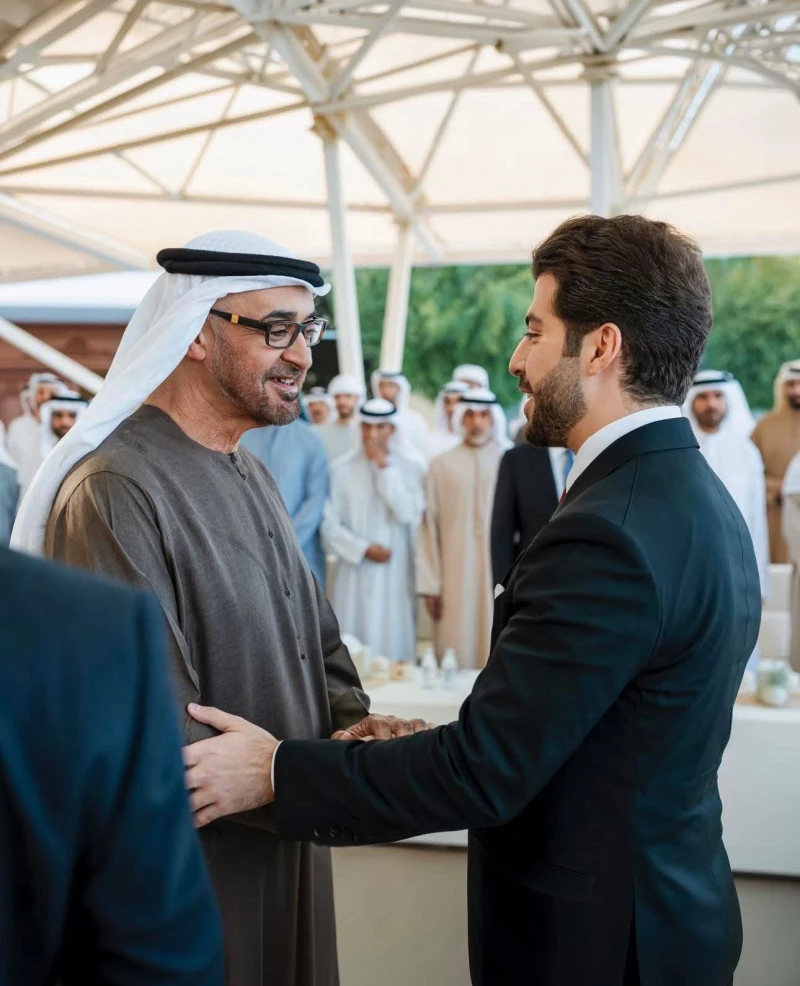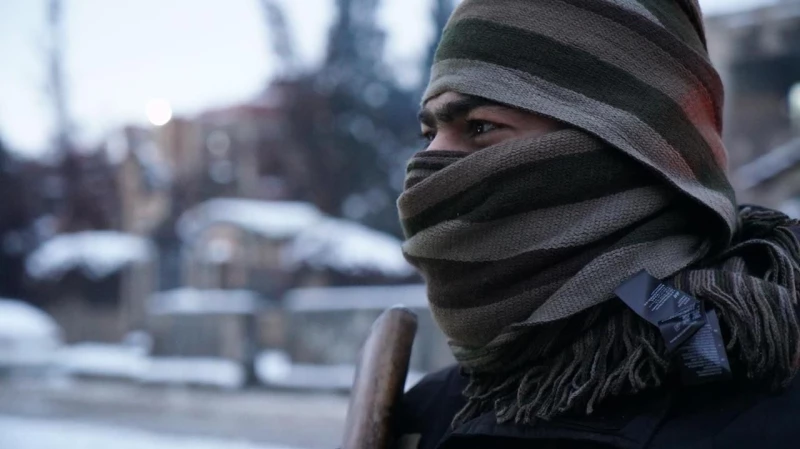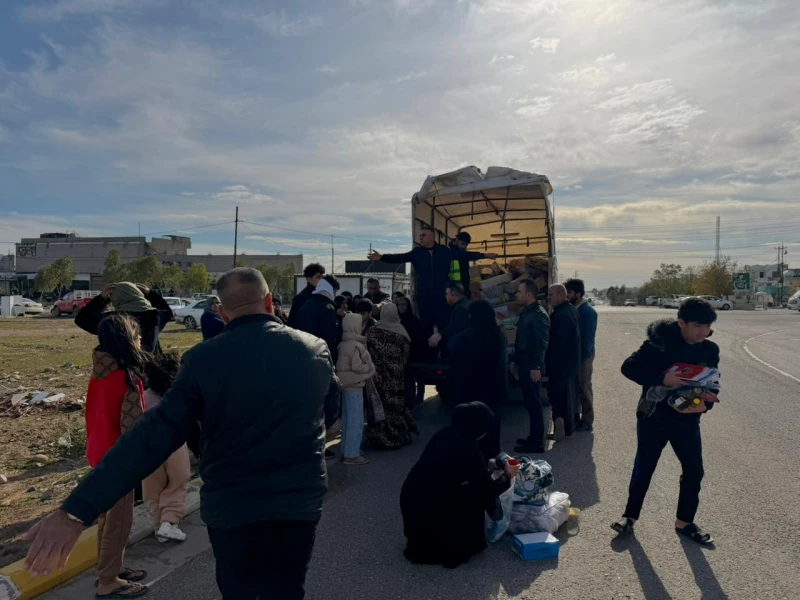HALABJA, Kurdistan Region of Iraq - With the sighting of the first Iraqi jet on the horizon at around 11 AM on March 16, locals in Halabja scrambled to whatever bunker or shelter they could find, bracing for a terrible eventuality that could come at any time. The year was 1988, and the beleaguered city’s populace had at this point long borne the scars of a brutal war that had tarnished the lush greenery of the city, nestled along the border with Iran. Yet on that fateful day, as they held their loved ones ever more tightly with the shriek of each aircraft flying overhead, finding grim solace in the fact that every bomb they heard was a bomb that didn’t kill them, they could not know what terrible fate they had in store. For each bunker, each basement, each nook and recess that provided any semblance of shelter from the aerial barrage would later spell death, trapping the war-weary innocents of Halabja in their doom as the regime forces unleashed a chemical hellscape on the city below.
As the Iran-Iraq War was drawing to a close in the late eighties, Iranian troops had burrowed into Iraqi territory and captured the border city of Halabja. Saddam Hussein’s dictatorship moved to expel the Iranians and recapture the city, making use of the stockpiles of nerve gases at its disposal. Come that March day, Hussein decided to unleash his air force on the border town, raining hell on the city with no regard for its civilian population. In a cruel irony, it was Halabja’s innocents who would bear the brunt of his chemical offensive—unlike the entrenched Iranian forces, they did not have gas masks to protect themselves from the barrages of deadly gas.
Dilsoz Salih, only 20 years old in 1988, recalled her account of the day. She remembered hearing rumors of an impending attack the day before, with some fleeing to the city’s outskirts to seek refuge, while others found it too hard to believe and stayed behind. Salih and her family sought shelter in Sazan, a village near the Iranian border. The initial bombardment started before noon on the 16th, she recalled, but the chemical bombs started dropping later in the evening.
Almost 37 years on from the brutal campaign of death inflicted by the former Iraqi regime, thousands of families still find themselves wrestling with anguish and longing for the loved ones they lost on that fateful spring day, with the season’s spirit of rejuvenation and new life being shattered as wave after wave of fighter jets released chemical bombs on the masses below, leaving around 5,000 civilians dead and over 10,000 wounded.
Halabja, after years of struggle for recognition of the calamity that befell it, finally saw the Iraqi parliament pass a motion that granted its accession to provincial status earlier in April, with the bill being ratified by Iraqi President Abdul Latif Rashid on Tuesday, April 29, 2025. However, as significant a step as the move is in offering recognition of the city’s past traumas, the families of victims still maintain that they have the right to be compensated by the Iraqi government for the atrocities their loved ones endured.
Saeed Kakashekh, a farmer in Halabja who lost 44 members of his family to the attack, hailed the ratification of the bill, saying that “as consolation, it is pleasing to a certain degree; it is the result of the blood of martyrs and will serve to ease our grief partially.”
Kakashekh called on the government to expedite the implementation of the legal measures needed to complete the law and publish it in the Iraqi Official Gazette, as well as begin a compensation process for families of the dead.
“We demand that the Iraqi government as soon as possible… compensate all the residents of the city who were affected by the bombing,” he urged Iraqi authorities.
Located in northeastern Iraq, Halabja has been the subject of an identity crisis since 2014. Long considered a province in the Kurdistan Region but until recently only deemed a district under Sulaimani by the Iraqi state, the city had fought for its accession to provincial status in recognition of the blood price its citizens paid at the hands of the Baath regime.
Even for those residents who did not pay a price in blood, tens of thousands were forced into displacement and suffered significant material damage, with an overwhelming majority venturing to Iran, where they were subjected to harsh living conditions in refugee camps. Their belongings abandoned in the chemical wasteland from which they hastily fled and the profound scars of loss adorning their collective psyche, the mainly Kurdish civilians suffered in exile. “We did not have any source of power for almost four years while in asylum in Iran,” Salih recalls.
The bill for Halabja’s ascension to provincial status had been added to the Iraqi parliament’s agenda several times in the past, but it took staunch political pressure, including a Kurdish display of solidarity in boycotting parliamentary sessions until the bill topped the agenda, for the motion to finally pass on April 14, with the insistence of certain parliamentary groups that other Iraqi districts achieve the coveted provincial status being a major stumbling block.
Head of Halabja’s Victims’ Society Luqman Abdulqadir praised the unity of Kurdish factions in their efforts toward making the provincehood of Halabja a reality amidst the political machinations. “There was a complete consensus between the Kurdish blocs, which I can say is very pleasing,” Abdulqadir said.
He described the accession as a “gateway,” facilitating the implementation of “future demands” of the city’s people from the Baghdad government, adding that “it is Iraq’s duty to compensate Halabja, similar to how they compensated Kuwait.”
Abdulqadir stressed that if they are truly deemed equal citizens in a federal Iraq, then “there should be no difference between Halabja, Dujail, and the rest of Iraq.”
A tragic example of the devastation wrought on the people of Halabja, Akram Mohammed is a lone survivor: he lost his entire family to the regime’s campaign and has since been an advocate for the city’s cause. He currently works in the Halabja Monument, a towering memorial that serves as a solemn reminder of the attack and has symbolized both tragedy and resilience for decades.
Mohammed celebrated the initiative to grant Halabja provincial status while urging Baghdad to “compensate the entire city of Halabja, particularly the families of victims.” He called on all Kurdish parties to maintain the unity they displayed in the Iraqi parliament while fighting for the bill in ensuring the provision of services to the new province.
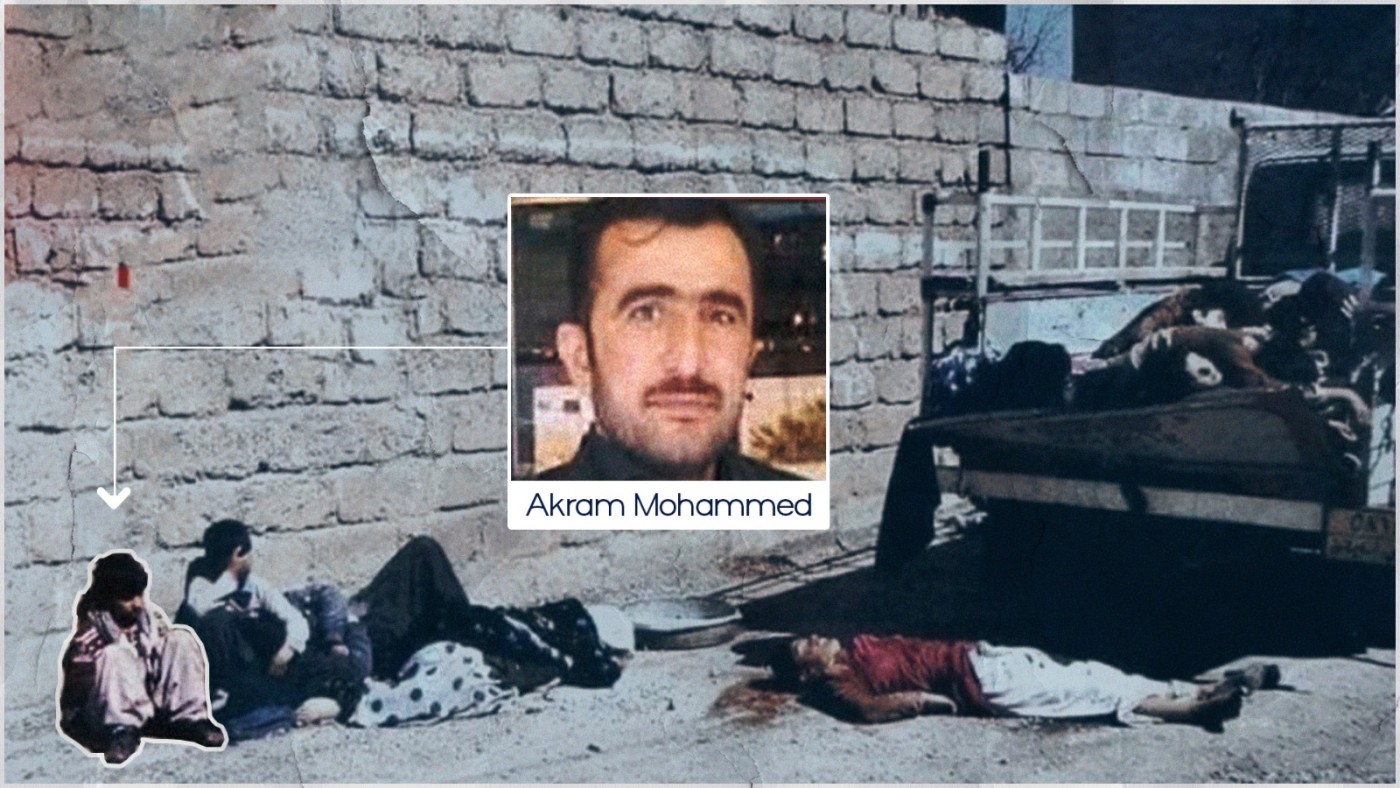
Photo shows Akram Mohammed, a lone survivor, during Halabja's chemical attack in March 1988
Survivors of the attack, which was officially recognized as genocide by Iraq’s High Criminal Court in 2010, and the families of victims have long sought compensation for the atrocity, claiming that Baghdad has been complacent in rectifying the horrors they endured under the former regime’s rule.
Many survivors of the gas attack still deal with the physical and psychological ramifications of that March day, with myriad victims seeking medical treatments both in and outside Iraq. Their health expenses are only sometimes covered by the Iraqi state, with many having to pay for costly treatments out of their own pockets.
Mustafa Fatah, who lost his mother and sister in the chemical attack, said he is “very, very happy about the decision; however, compensation should also have been expended for the people of Halabja and the families of victims.” Fatah voiced his optimism for the future, adding that he is “hopeful” that compensation will follow.
Such a sentiment marks the enduring resilience of the people of Halabja – almost four decades on from the regime’s attempt to callously wipe them out, they remain, a testament to the city’s calloused pride and a beacon of hope for a better future.

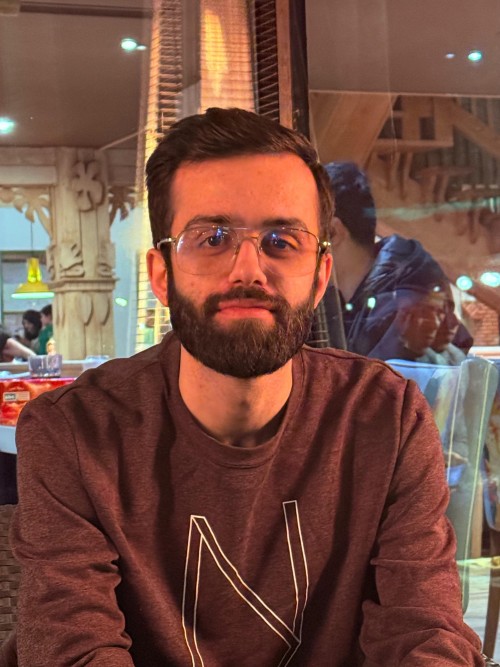
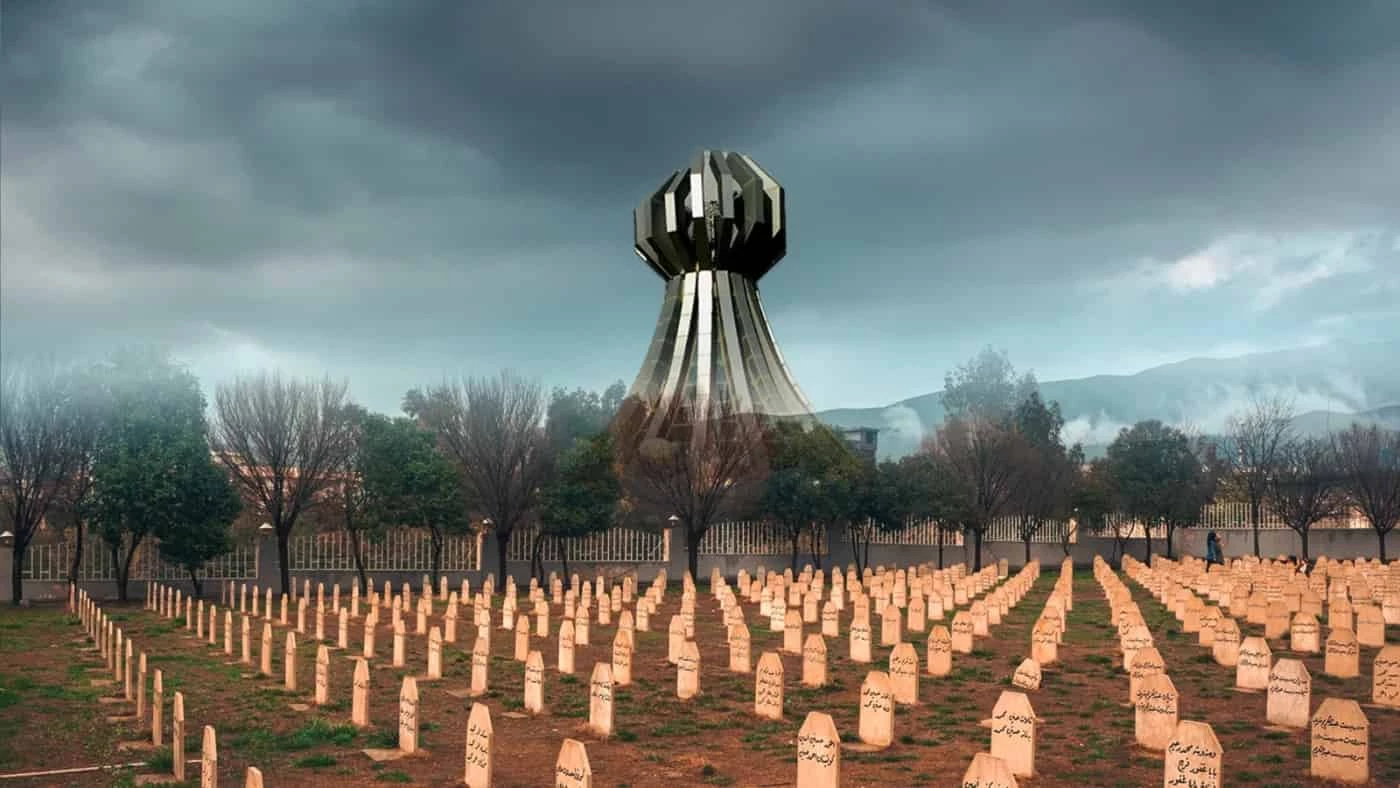
 Facebook
Facebook
 LinkedIn
LinkedIn
 Telegram
Telegram
 X
X
